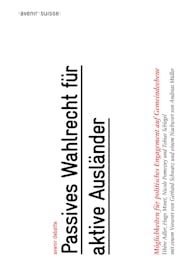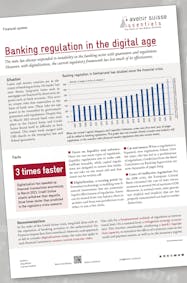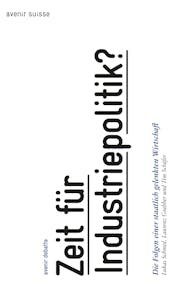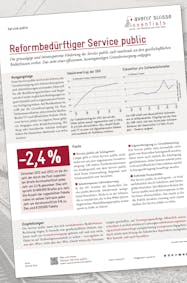Switzerland is a country of immigrants. Just under quarter of the permanently resident population are foreigners – and, as a result, have no political voice. However, as a study by Tibère Adler, Hugo Moret, Nicole Pomezny and Tobias Schlegel shows, there has been good experience with so-called «passive» voting rights at municipal level, especially in French speaking Switzerland and partly in some German speaking regions. This could be an inspiration to others.
The latest «avenir debatte» publication is a typical offspring of intercultural co-operation. It came about almost as a by-product of translating «Bürgerstaat und Staatsbürger», our January 2015 book, first published in German, in which Andreas Müller called (among other things) for a reinvigoration of Switzerland’s traditional militia system via «civic service for all» – including women and long resident foreigners.
Colleagues in French speaking Switzerland then asked themselves how matters currently stood when it came to foreign residents in volunteer political roles at local level. They found an extreme shortage of information, not only about people, but also about administrations. Basically, foreign nationals have no political rights whatsoever federally. However, things can be different cantonally. As matters stand, 600 municipalities in six cantons have given foreigners «passive» voting rights. (By «passive» voting rights, we understand the right to stand, and be elected, to public office. By contrast, «active» voting rights constitute the right to cast a legally valid vote in elections to public office or referendums.) A swift survey of the municipalities concerned – the first nationwide study of its kind – revealed the following:
- The absolute number of politically active foreigners is still relatively small. The 317 municipalities responding to the survey showed there were currently 148 non-Swiss in legislative positions and 19 in executive office. The modest numbers can be ascribed partly to the inadequate information available: many foreigners simply don’t know about their political rights and don’t exercise them as a result.
- In municipalities that have introduced «passive» voting rights for foreigners there are high levels of satisfaction. Not a single municipality contacted by Avenir Suisse had any thought of abolishing its electoral reform for foreigners.
Passive voting rights for foreigners remain a regional phenomenon: Of the 600 municipalities mentioned 575 were in French speaking Switzerland, 22 in the German-speaking canton of Graubünden and three in the small German-speaking canton of Appenzell Ausserhoden. It is to be hoped others in further parts of German speaking Switzerland and in (Italian speaking) Ticino will follow. But backers of extending foreigners‘ political rights will have to be patient and adopt a step by step approach. Numerous referendums on the subject have foundered on opposing majorities of two thirds or more. In practice, however, «passive» voting rights have proved their worth.
Municipalities should be free to decide for themselves
For Avenir Suisse, the conclusions are clear. Voting rights for foreigners at local level are a step in the right direction as they demonstrate immigrants – in a country of immigrants like Switzerland – are treated as serious members of society. Therefore, our message to municipalities so inclined is that they should facilitate resident foreigners’ ability to stand for local political office. That will give foreigners a chance to deepen their local roots. And their engagement could also help reinforce Switzerland’s volunteer-based militia system.







